The Tenth Demand?
The latest drama at Columbia—involving interim President Katrina Armstrong’s “resignation”—has broad implications for the academy and American democracy. Once unpacked, this episode throws into sharp relief the issue of whether universities now operate at the pleasure of the White House. * * * To recap immediately preceding events: On March 7, four federal agencies announced the “cancellation of approximately $400 million in federal grants and contracts to Columbia University due to the school’s continued inaction in the face of persistent harassment of Jewish students.” On March 13, three of those agencies sent President Armstrong a list of nine demands that would need to be met by March 20 “as a precondition for formal negotiations regarding Columbia University’s continued financial relationship with the United States government.” These demands closely tracked lists that had been disseminated in prior weeks by Columbia’s own faculty members and alumni groups concerned that the university was not doing enough to protect Jewish and Israeli students. Between March 13 and March 20, countless people inside and outside Columbia debated how the university should respond to the Trump administration’s unlawful financial threats. Meanwhile, the administration joined those threats to open state violence by targeting at least four noncitizens who had participated in protests at Columbia or Barnard for arrest and deportation. The day after the demand letter arrived, Trump’s deputy attorney general also disclosed that the university (and, by implication, the university’s senior leadership) is under criminal investigation “for harboring and concealing illegal aliens on its campus.” After securing a one-day extension, President Armstrong and the Columbia board of trustees issued the university’s response on March 21. The response agreed to a modified version of the government’s nine demands. Armstrong and the trustees portrayed the agreed-upon steps as ones that were already “underway” and “intended to further Columbia’s basic mission.” No big deal! (And also, no deal, as the steps were merely “preconditions” for potential negotiations to come.) Yet almost universally, Columbia’s response was characterized as a capitulation to Trump, with potentially grave consequences for the future of higher education. During the subsequent weekend, Armstrong met with faculty members around the university to discuss the controversial decision that had just been taken without direct input from any of them. The transcript of one of these meetings was leaked to The Free Press, a media company founded by Columbia alum Bari Weiss, who rose to fame criticizing the anti-Israel politics of Columbia’s Middle Eastern, South Asian, and African Studies faculty. On March 25, The Free Press published a story about the leak titled “Columbia President Says One Thing to Trump Admin—and Another in Private.” It is not clear from the story whether Armstrong’s remarks actually contradicted anything in the university’s public stance—which maintained from the outset that the policy changes were modest measures in line with preexisting plans—so much as the remarks highlighted this stance’s internal contradictions. The story was nonetheless treated as a scandal by anti-student-protester audiences. In seeking to convince the Columbia faculty that institutional autonomy and free speech had not been fatally sacrificed, Armstrong was said to have proved herself “very two-faced,” a “big-time” liar. On the night of March 28, the Columbia trustees announced to a stunned university community that Armstrong “is returning to lead the University’s Irving Medical Center” and that “Board of Trustees Co-Chair Claire Shipman has been appointed Acting President, effective immediately, and will serve until the Board completes its presidential search.” Shortly thereafter, the Trump administration’s Joint Task Force to Combat Anti-Semitism released a statement commending “[t]he action taken by Columbia’s trustees today, especially in light of this week’s concerning revelation.” The only “revelation” plausibly referenced here is the transcript of the closed-door faculty meeting that was shared by someone at Columbia with The Free Press. * * * It doesn’t take much political savvy or hermeneutical skill to draw one conclusion from this sequence of events, although no one thus far seems to have acknowledged the point outright: President Armstrong did not resign voluntarily; she was forced out because she was seen as insufficiently committed to a particular vision of how antisemitism ought to be combated on campus. As far as I am aware, Armstrong had not made any prior statements to suggest that she was contemplating stepping down. And neither the board’s statement nor Armstrong’s contemporaneous statement contains any language indicating that she in fact chose to do so. The Trump administration’s praise for the “action taken by Columbia’s trustees,” on the other hand, pl
The latest drama at
Columbia—involving interim President Katrina Armstrong’s “resignation”—has broad implications
for the academy and American democracy. Once unpacked, this episode throws into
sharp relief the issue of whether universities now operate at the pleasure of
the White House.
To recap immediately preceding events: On March 7, four federal agencies announced the “cancellation of approximately $400 million in federal grants and contracts to Columbia University due to the school’s continued inaction in the face of persistent harassment of Jewish students.” On March 13, three of those agencies sent President Armstrong a list of nine demands that would need to be met by March 20 “as a precondition for formal negotiations regarding Columbia University’s continued financial relationship with the United States government.” These demands closely tracked lists that had been disseminated in prior weeks by Columbia’s own faculty members and alumni groups concerned that the university was not doing enough to protect Jewish and Israeli students.
Between March 13 and March 20, countless people inside and outside Columbia debated how the university should respond to the Trump administration’s unlawful financial threats. Meanwhile, the administration joined those threats to open state violence by targeting at least four noncitizens who had participated in protests at Columbia or Barnard for arrest and deportation. The day after the demand letter arrived, Trump’s deputy attorney general also disclosed that the university (and, by implication, the university’s senior leadership) is under criminal investigation “for harboring and concealing illegal aliens on its campus.”
After securing a one-day extension, President Armstrong and the Columbia board of trustees issued the university’s response on March 21. The response agreed to a modified version of the government’s nine demands. Armstrong and the trustees portrayed the agreed-upon steps as ones that were already “underway” and “intended to further Columbia’s basic mission.” No big deal! (And also, no deal, as the steps were merely “preconditions” for potential negotiations to come.) Yet almost universally, Columbia’s response was characterized as a capitulation to Trump, with potentially grave consequences for the future of higher education.
During the subsequent weekend, Armstrong met with faculty members around the university to discuss the controversial decision that had just been taken without direct input from any of them. The transcript of one of these meetings was leaked to The Free Press, a media company founded by Columbia alum Bari Weiss, who rose to fame criticizing the anti-Israel politics of Columbia’s Middle Eastern, South Asian, and African Studies faculty. On March 25, The Free Press published a story about the leak titled “Columbia President Says One Thing to Trump Admin—and Another in Private.”
It is not clear from the story whether Armstrong’s remarks actually contradicted anything in the university’s public stance—which maintained from the outset that the policy changes were modest measures in line with preexisting plans—so much as the remarks highlighted this stance’s internal contradictions. The story was nonetheless treated as a scandal by anti-student-protester audiences. In seeking to convince the Columbia faculty that institutional autonomy and free speech had not been fatally sacrificed, Armstrong was said to have proved herself “very two-faced,” a “big-time” liar.
On the night of March 28, the Columbia trustees announced to a stunned university community that Armstrong “is returning to lead the University’s Irving Medical Center” and that “Board of Trustees Co-Chair Claire Shipman has been appointed Acting President, effective immediately, and will serve until the Board completes its presidential search.” Shortly thereafter, the Trump administration’s Joint Task Force to Combat Anti-Semitism released a statement commending “[t]he action taken by Columbia’s trustees today, especially in light of this week’s concerning revelation.” The only “revelation” plausibly referenced here is the transcript of the closed-door faculty meeting that was shared by someone at Columbia with The Free Press.
* * *
It doesn’t take much political savvy or hermeneutical skill to draw one conclusion from this sequence of events, although no one thus far seems to have acknowledged the point outright: President Armstrong did not resign voluntarily; she was forced out because she was seen as insufficiently committed to a particular vision of how antisemitism ought to be combated on campus.
As far as I am aware, Armstrong had not made any prior statements to suggest that she was contemplating stepping down. And neither the board’s statement nor Armstrong’s contemporaneous statement contains any language indicating that she in fact chose to do so. The Trump administration’s praise for the “action taken by Columbia’s trustees,” on the other hand, plainly implies that the decision to replace Armstrong was made by the board. It is also notable that the story of Armstrong’s departure was first reported by the Wall Street Journal, an outlet that has recently published multiple stories about Columbia, all with the same reporter in the byline, relying on unnamed university sources who appear eager to ensure that Columbia does whatever it takes to restore federal funding.
The first question that follows is who, exactly, forced out Amstrong? Perhaps the trustees were so appalled by the leaked transcript that they lost faith in her. That explanation, however, is hard to square with the ambiguous content of the transcript, the trustees’ strong support for Armstrong before last week, and the Joint Task Force’s near-immediate celebration of her departure. It seems far more likely that the trustees were pushed by the Trump administration to fire Armstrong as yet another condition of being eligible to receive funds, regardless of whether the university is legally entitled to them.
This condition was, one assumes, communicated explicitly or implicitly in private conversations between government officials and Columbia trustees. Yet even if no such conversations occurred, it would be somewhat immaterial at this point. The Trump administration had already signaled displeasure with The Free Press story earlier in the week. And by committing to a strategy of aiming to satisfy the administration’s demands, even when unlawfully issued, the trustees have committed themselves to a strategic logic within which a Columbia president’s capacity to lead cannot be separated from the pleasures and displeasures of the U.S. President himself.
* * *
The realization that the Trump administration effectively forced out Columbia’s president leads to many more questions. To name a few, how was this tenth demand conveyed to the Columbia trustees? Secretary of Education Linda McMahon has been quite supportive of Armstrong, so it would appear that McMahon was marginalized in deference to the White House. Is Stephen Miller now setting university policy?
Or maybe the decision to remove Armstrong is better understood as having been jointly produced by the Trump team and the Columbia community members who seem to be sending it information and ideas through private channels? Recall that the substance of the government’s initial list of demands was generated from within Columbia. If this is indeed the best interpretation, we are witnessing the conjuncture of (1) the radically undemocratic formal power wielded by Columbia’s board of trustees, a self-perpetuating body of twenty-odd individuals; with (2) the radically undemocratic political power wielded by a small set of university insiders aligned with the White House, at least on this issue.
The most important questions prompted by “the tenth demand” are forward-looking. As among the Trump administration, the university trustees, these influential insiders, and major donors, how will the selection of Columbia’s next president be handled? Will anyone else be afforded a meaningful say in the decision?
Even if the selection system is set up to include other voices as a procedural matter, at the end of the day will it be the White House itself that determines the outcome? Or maybe the White House won’t dictate a specific selection, so much as make clear which candidates it deems acceptable and which candidates it would “veto” because they appear insufficiently aligned with its preferred approach to policing campus speech? These possibilities ought to be anathema to all who value academic freedom, regardless of views on the recent student protests, the war in Gaza, or the reforms Columbia ought to make.
Parochial details
aside, everyone concerned about where the Trump administration’s academic
agenda might be heading should therefore take note of what just happened here—and
ask themselves at least two further questions. If this is a plausible depiction
of the situation unfolding at Columbia, are we at the point where universities
across the country must have presidents who are agreeable to President Trump or
else risk calamitous cuts to their federal funding? And if this, in turn, is a
plausible depiction of an authoritarian takeover of higher education, when will
university leaders come to the conclusion that they must push back, individually
and collectively, to have a chance of stopping it?


































































































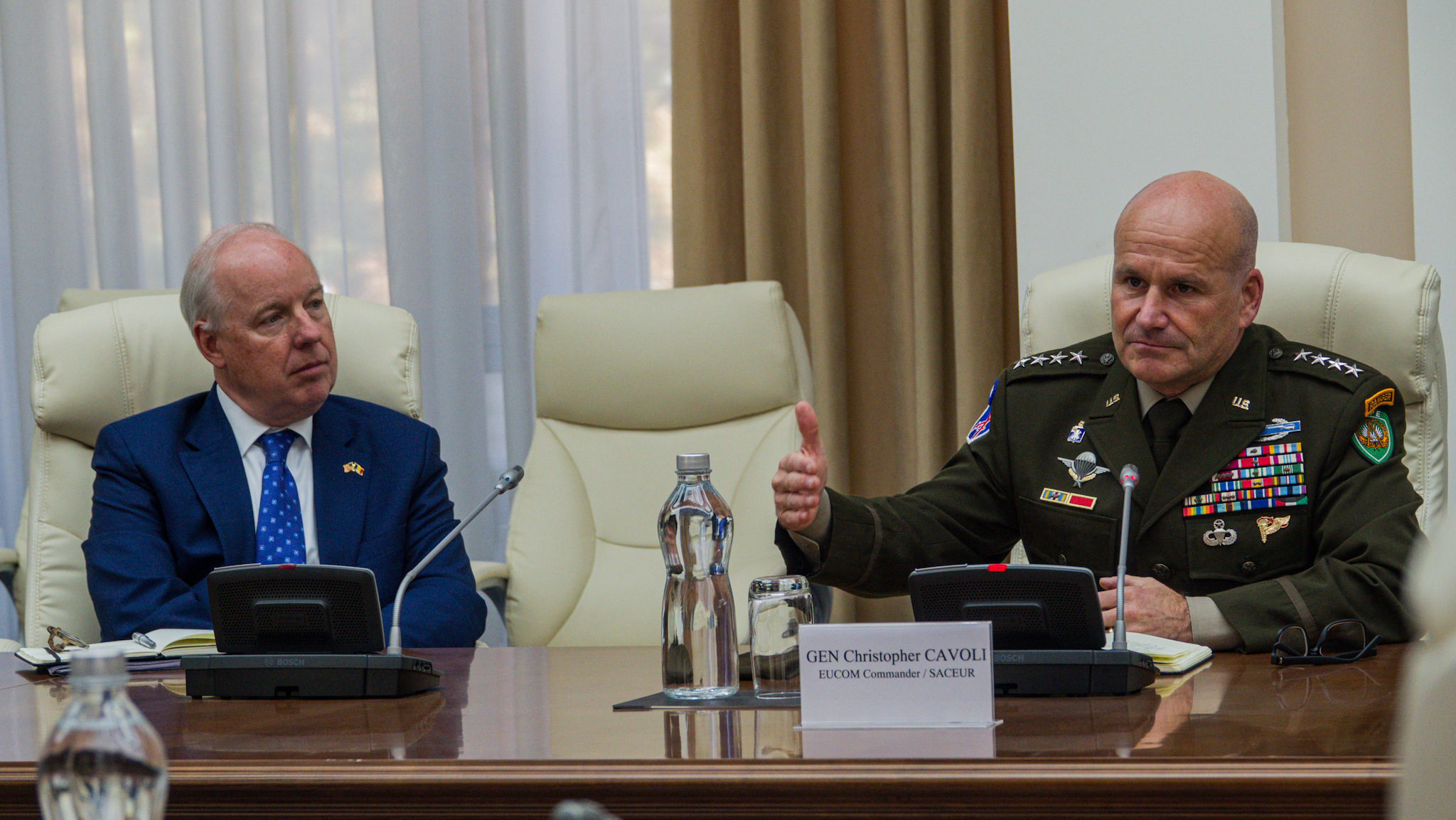




















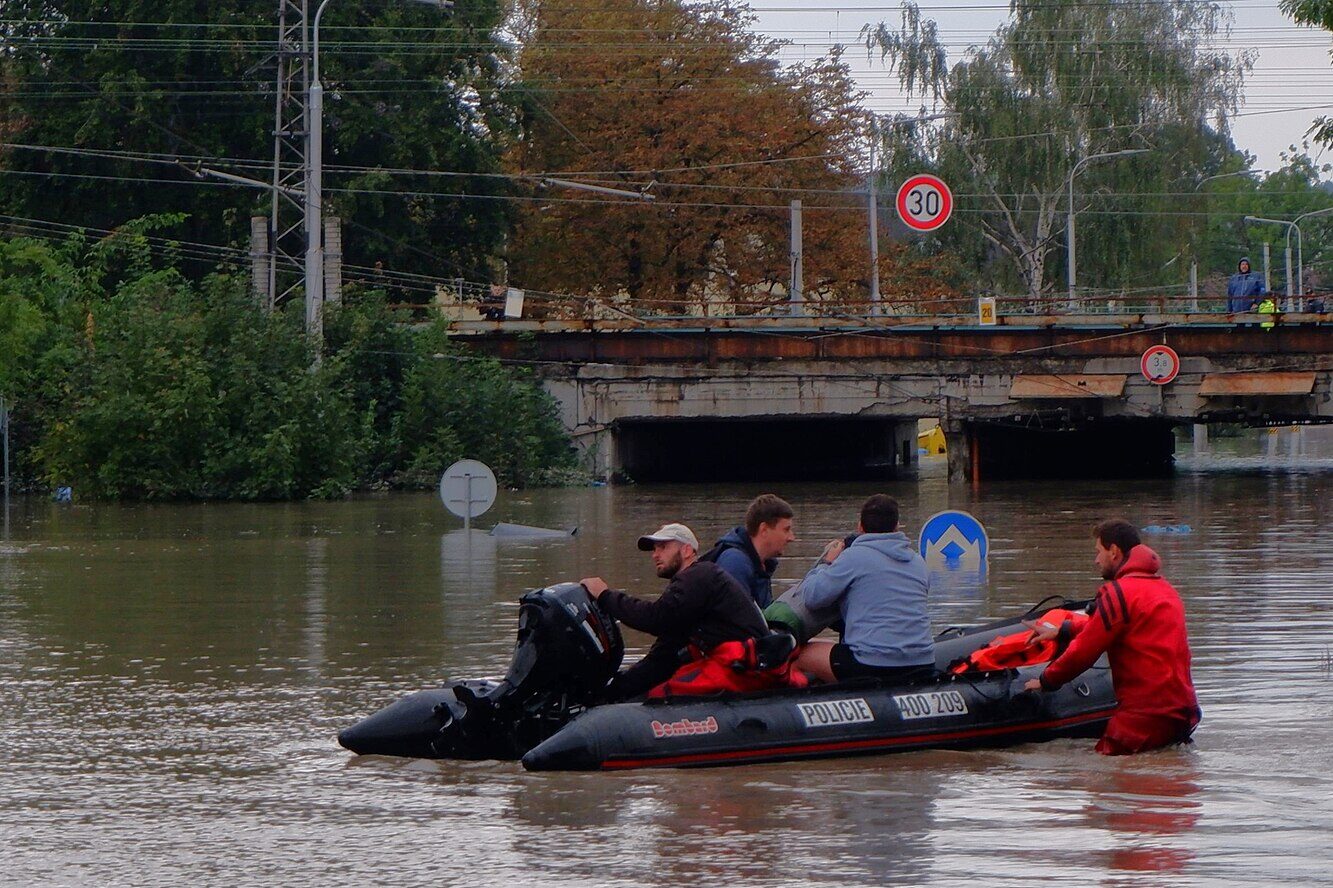




























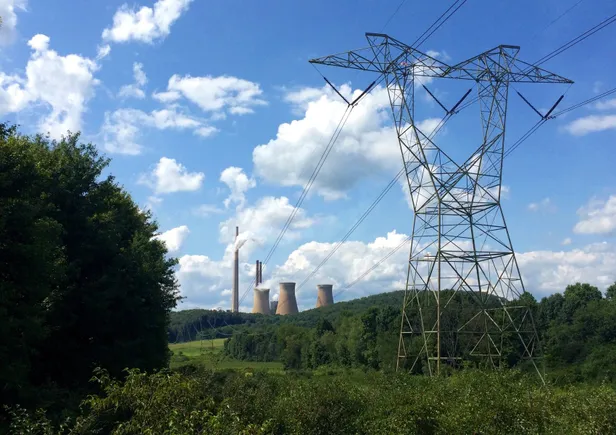







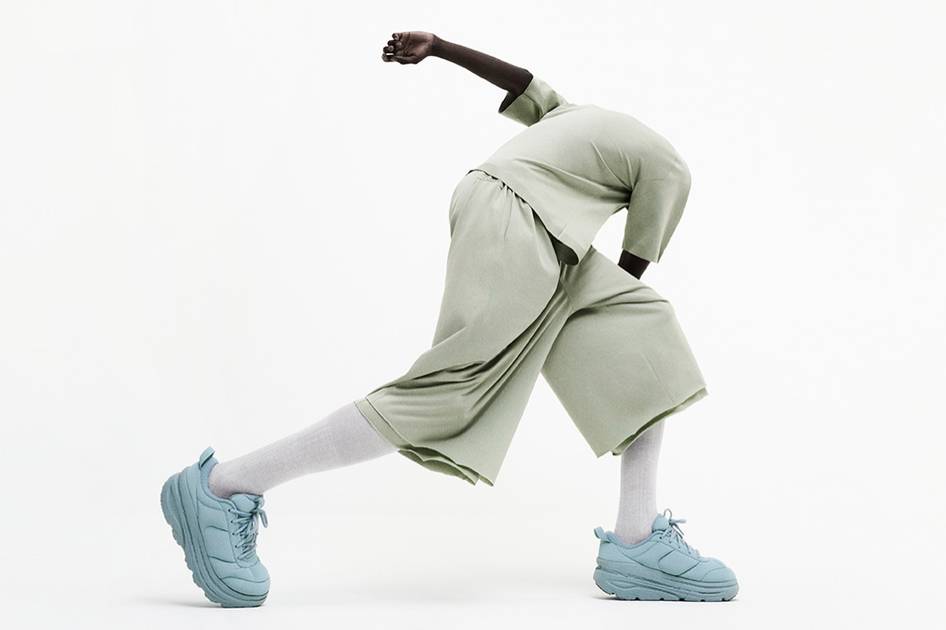
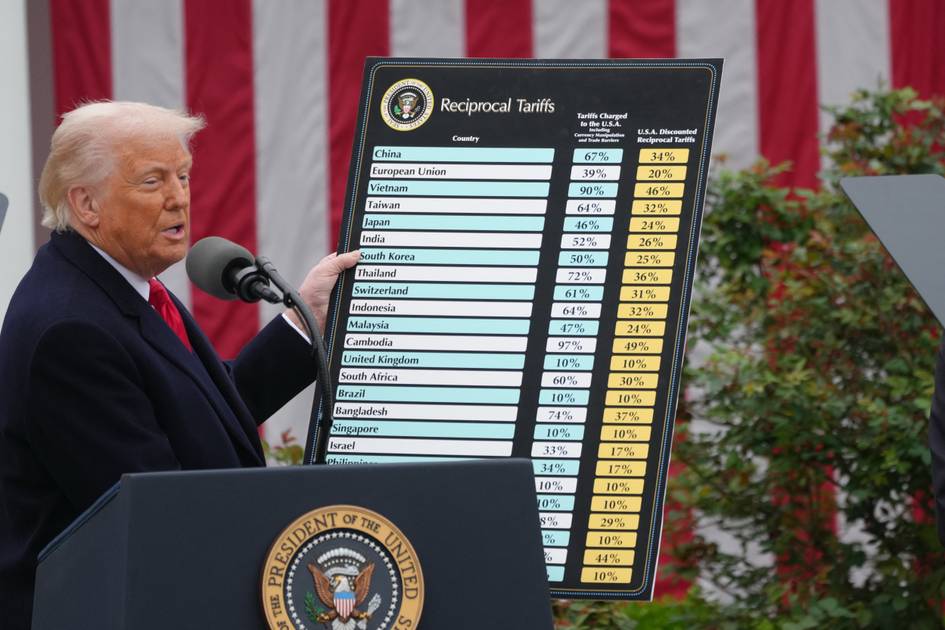

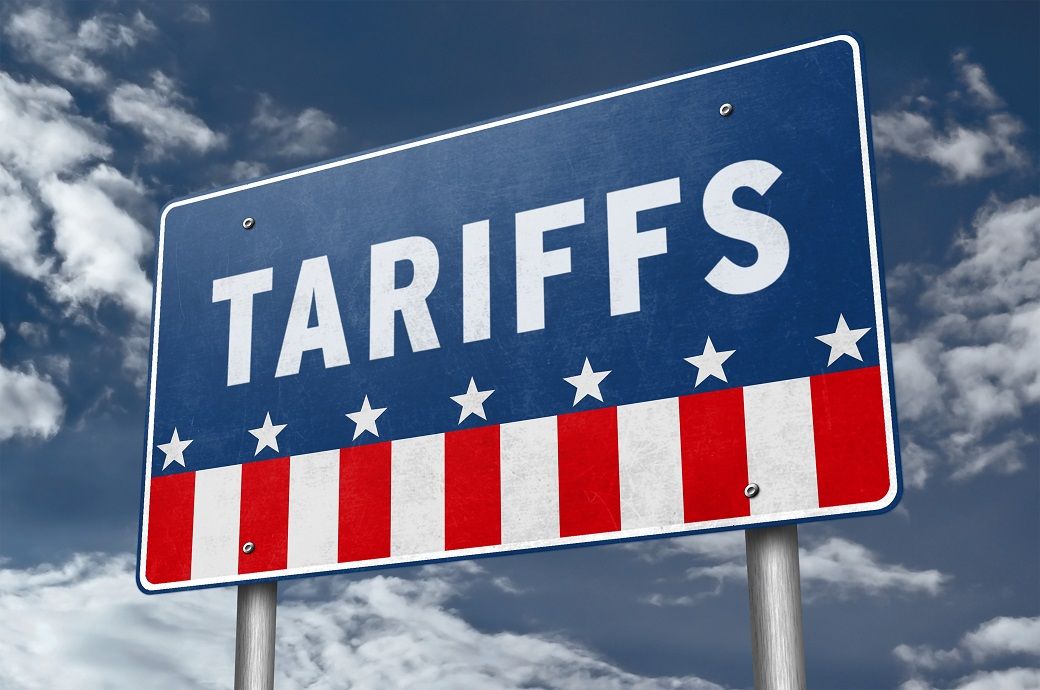
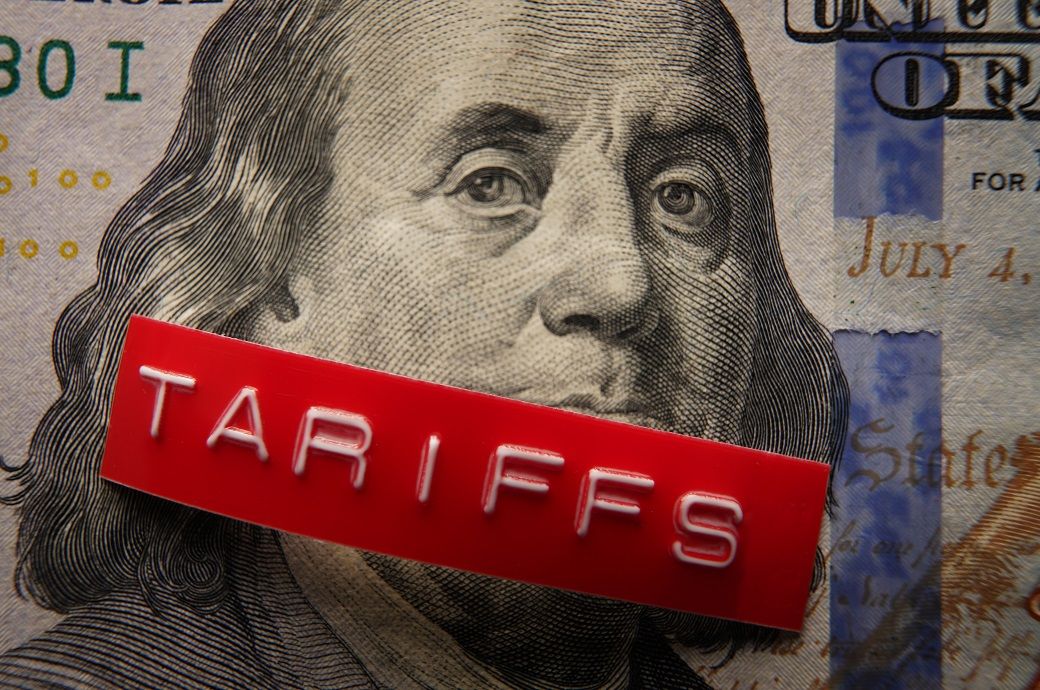
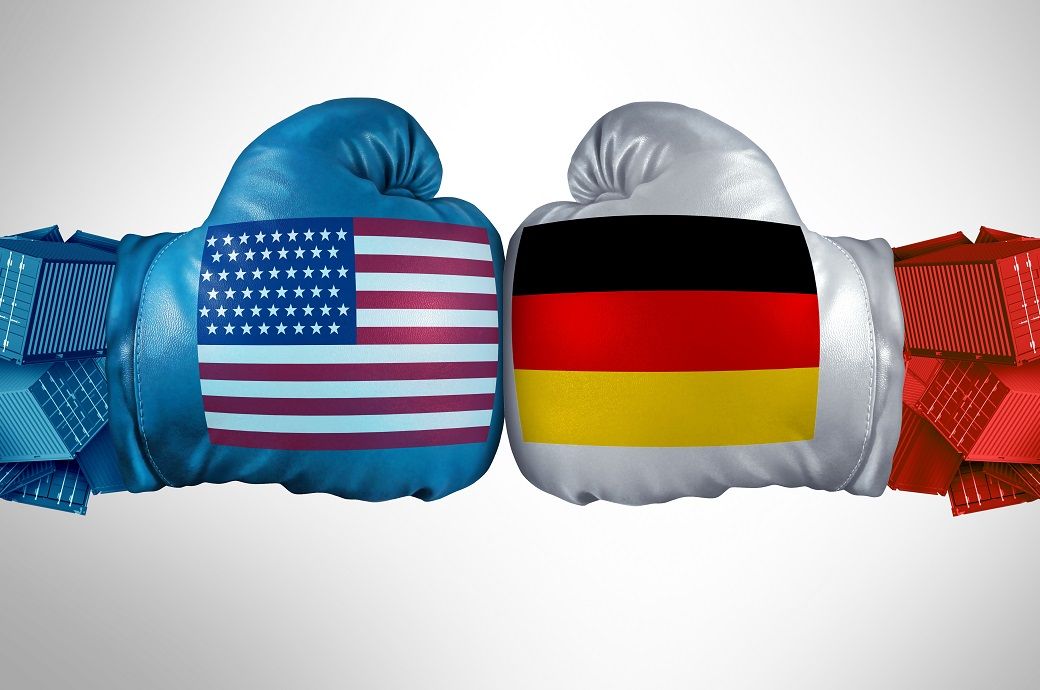
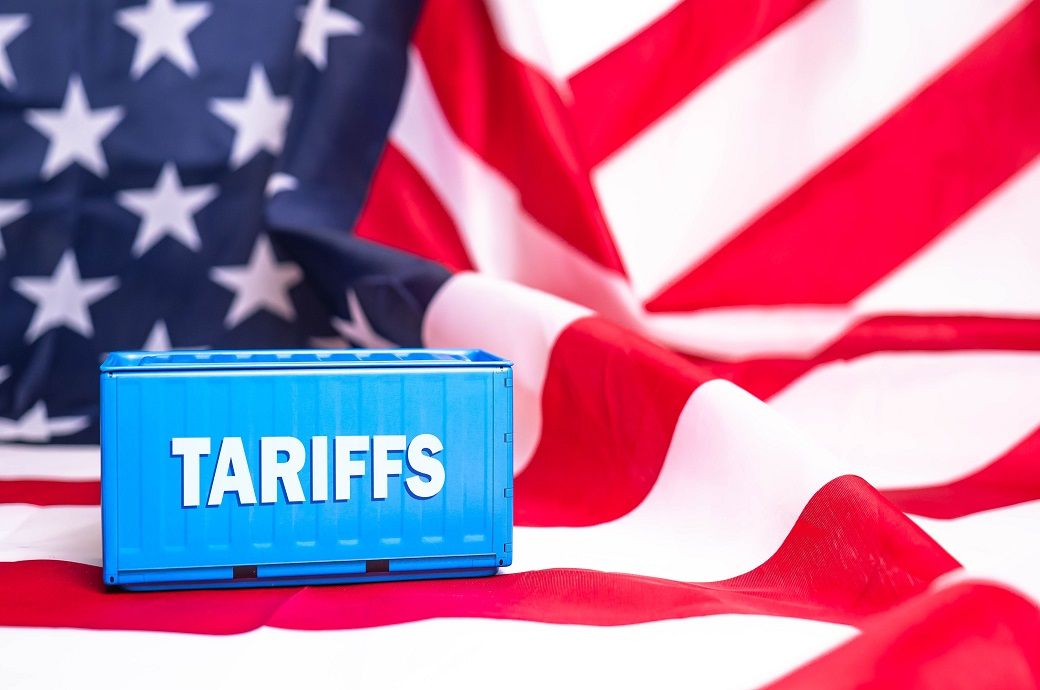







.jpg)






